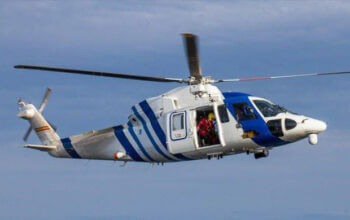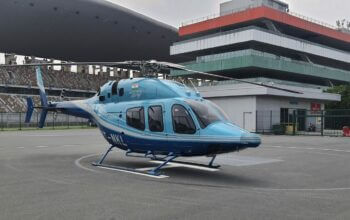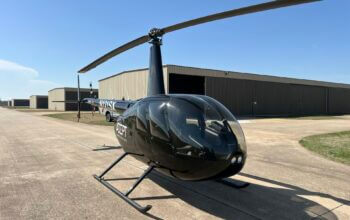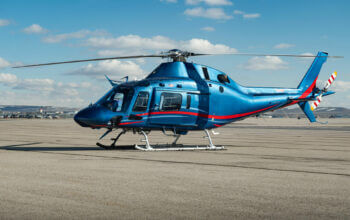Estimated reading time 3 minutes, 37 seconds.
Two senior officers from the New York Air National Guard of the United States Air Force visited Winnipeg, Man., on Nov. 19 and 20, 2019, as part of the first official 1 Canadian Air Division/Canadian NORAD Region (1 CAD/CANR) Arctic Airpower Seminar.
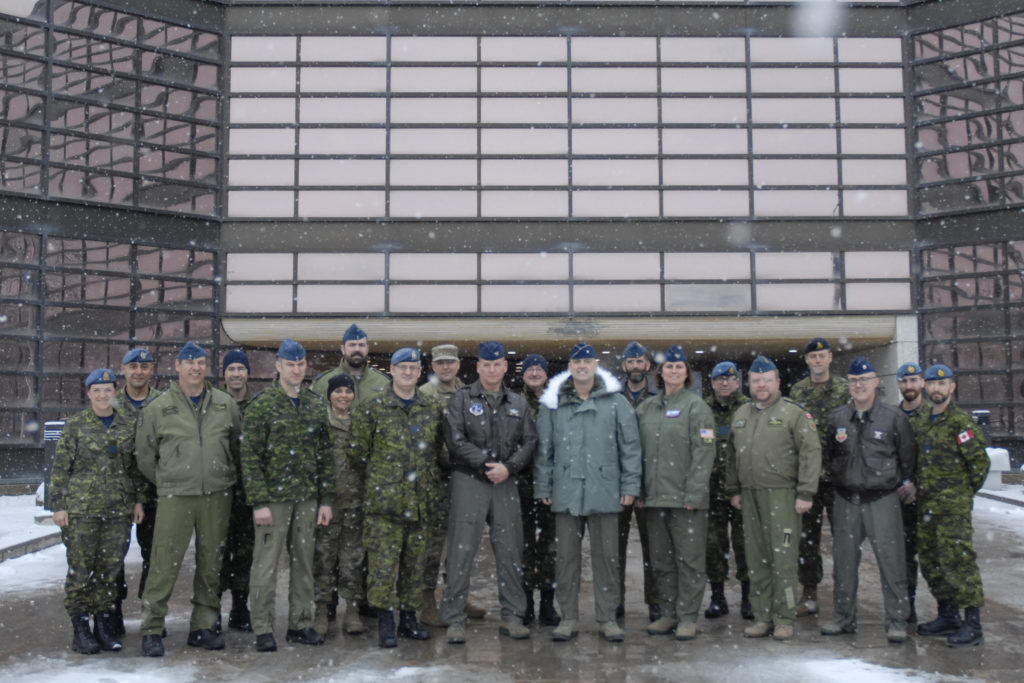
Col Michele Kilgore and Col Clifford Souza, commanders of the 109th Airlift Wing and 109th Operations Group respectively, engaged in discussions with a diverse group of operators, specialists and advisors to talk about training and operational opportunities that would benefit the Royal Canadian Air Force (RCAF) and its United States Air Force (USAF) allied partners.
BGen Ed “Hertz” Vaughan, deputy commander of CANR and deputy Combined/Joint Forces Air Component commander for 1 CAD/CANR, hosted the two-day seminar.
A partnership last September between the RCAF and the 109th Airlift Wing executing Operation Boxtop, the mission to bring supplies to Canadian Forces Station Alert in Nunavut, prompted him to invite members of the 109th Airlift Wing to the seminar to exchange information on processes and objectives.
“The Arctic is critically important to the security and defence of North America, and our ability to survive and operate in the Arctic domain are essential parts of our daily mission at 1 CAD/CANR,” said Vaughan. “We established this series of seminars to help build relationships and deep dive into the specific of polar logistics and sustainment. Forging partnerships across Arctic communities, mission stakeholders, and allied forces are requirements for success.”
The RCAF is no stranger to bi-national operations. Every day, military personnel and defence team members from Canada and the United States work together to protect and defend North American airspace through the North American Aerospace Defense Command (NORAD) mission.
Comprising more than 40 per cent of Canada’s land mass (and 75 per cent of Canada’s coastline) with about 120,000 inhabitants, the Arctic is undergoing significant change. Retreating ice cover is opening the way for increased shipping, tourism, and resource exploration, increasing interest in the region.
Following the presentations and discussion sessions, seminar attendees visited with members of 435 Transport and Rescue Squadron, a unit that routinely deploys north in support of Canada’s NORAD and search and rescue commitments, to learn more about the role they play in the daily delivery of air power in the North.
“The Arctic can be a complex, harsh and unforgiving location to operate in if one isn’t prepared to face its challenges,” said Vaughan. “These seminars permit us to learn from our partners and allies as we continue developing the skills, technology, and relationships to work effectively in a polar environment. I look forward to our next seminar in Yellowknife, focused on energy security at remote locations, and many more seminars to come. “
